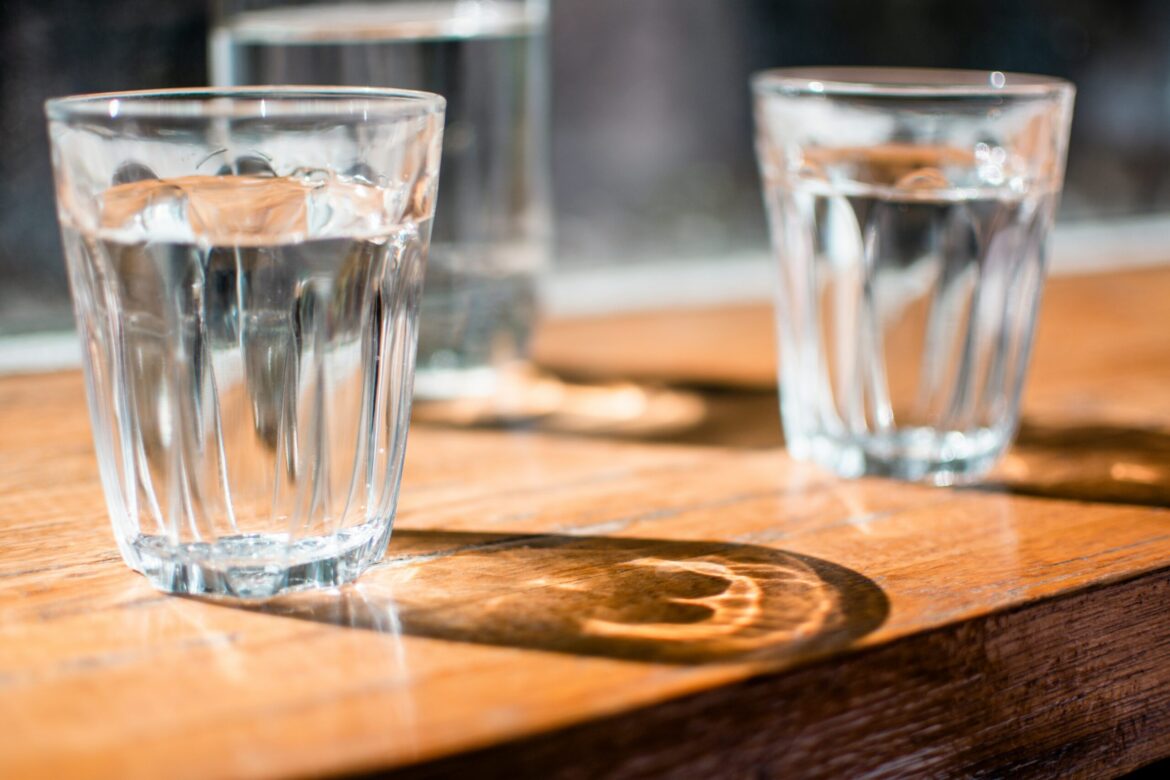Hydration is crucial to your well-being, but does more always mean better? Here’s what you need to know about the right amount of water to drink each day.
The Importance of Hydration
Water is essential to life. It accounts for around 60% of the human body and plays a critical role in regulating temperature, aiding digestion, maintaining joint function, flushing out toxins, and even delivering oxygen and nutrients to cells. As Abigail Ireland, a peak performance strategist, puts it, “It’s fundamental to everything that we do.” Even mild dehydration can affect your energy levels, mood, and athletic performance.
But how much should you actually drink?
How Much Water Should You Drink?
The general recommendation is to drink between six to eight glasses of water per day. But, that’s a bit too broad and doesn’t take individual factors into account. According to the Academy of Nutrition and Dietetics, men should aim for about 15.5 cups (124 ounces) of fluids per day, which includes the water in food. After factoring in that 20% of your daily hydration comes from food, the target amount of water is closer to 100 ounces, which can be met through tea, coffee, and even some alcoholic beverages.
However, there’s no one-size-fits-all answer. Things like exercise, illness, body weight, diet, and environmental conditions (like air conditioning or flying) all influence your hydration needs. Therefore, you might need to adjust your intake depending on these factors.
How Do You Know When You’re Dehydrated?
Signs of dehydration can range from mild to severe. According to Abigail Ireland, common symptoms include tension headaches, dry skin, dry mouth, brittle hair, fatigue, and dark-colored urine. It’s important to aim for light, pale yellow urine—not clear, as that can indicate over-hydration, which can lead to dangerously low sodium levels and other health issues.
If you notice you’re urinating less than four times a day, that’s another red flag.
The Best Way to Drink Water Throughout the Day
Rather than chugging a glass of water all at once, it’s better to sip water consistently throughout the day. This helps maintain hydration levels more steadily. Dr. Ed Robinson, a member of the British College of Aesthetic Medicine, recommends using a water bottle with measurements to track your intake. If you’ve been particularly active or just woken up, it’s okay to drink a glass quickly to rehydrate, but the goal is to maintain hydration over time.
Should You Drink Water During Meals?
While some people prefer to drink water with meals to help with digestion, there’s no definitive answer. Some studies suggest drinking water immediately before meals can dilute stomach acid, making digestion less effective. To avoid this, Ireland recommends drinking water 20 to 30 minutes before a meal and again 20 to 30 minutes after. Ultimately, you should listen to your body and do what feels best for you.
Does the Type of Water Matter?
In most cases, tap water is just fine. Health and fitness coach Amanda Place points out that ensuring proper hydration is more important than the type of water you drink. Also, it’s a good idea to avoid plastic bottled water. Aside from being environmentally damaging, plastic bottles can release microplastics into the water, which you definitely don’t want to ingest.
Hydration and Skin Health
Many people believe drinking more water leads to better skin, but this is a common myth. Dr. Robinson points out that there’s no substantial evidence to suggest that drinking excessive amounts of water improves skin health. While hydration plays a role in skin function, the skin’s primary purpose is to prevent water loss. To maintain healthy skin, focus on proper moisturization, using SPF, and consulting a professional when using powerful skincare treatments like retinoids.
Conclusion: Find Your Balance
The key takeaway is to drink around 80-100 ounces of water daily, but adjust based on your activity levels, environment, and personal needs. Pay attention to signs of dehydration, track your intake, and prioritize quality hydration over quantity. Your body will thank you for it.

